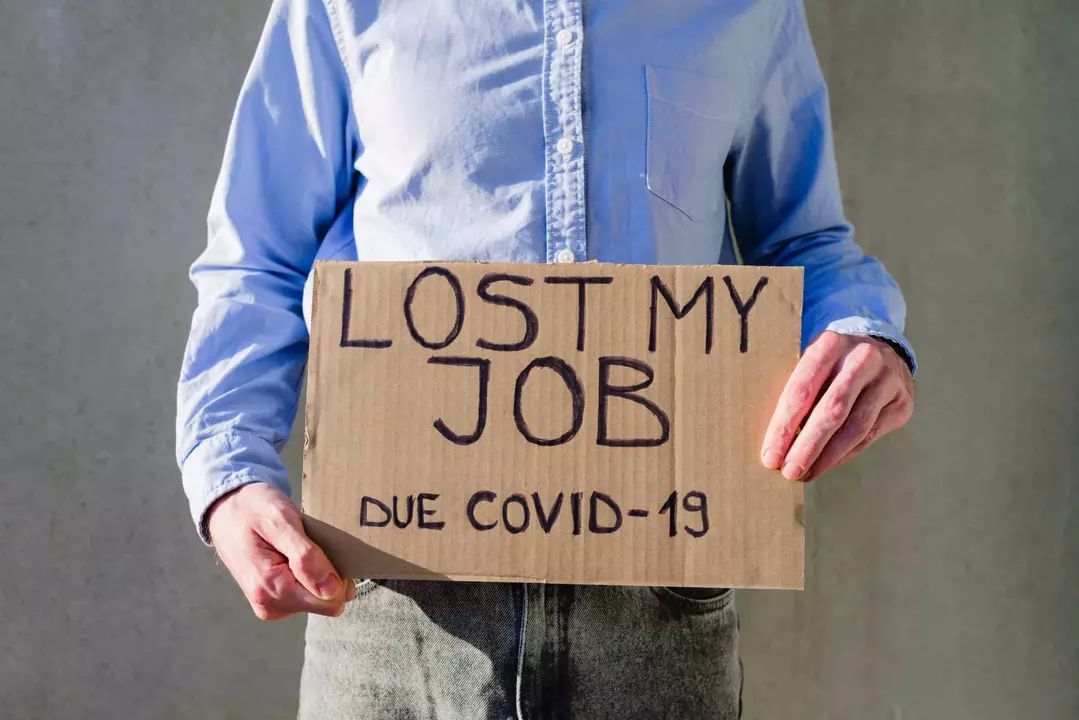Job Loss: Quick Health Tips to Stay Strong When Unemployed
Losing a job hits you hard. It’s not just the paycheck that disappears – your stress levels rise, sleep gets shaky, and everyday habits can slip. The good news? You can take clear actions right now to protect your health while you look for new work.
Smart Money Moves When Income Stops
First thing’s first: figure out what money you have left. Pull together a list of essential bills – rent, utilities, food, prescription meds – and compare that to any savings or unemployment benefits. If the gap is big, call your lenders. Many banks will pause payments for a few months if you explain the situation.
Next, trim non‑essentials. Cancel subscriptions you don’t use (streaming services, gym memberships) and switch to cheaper brands for groceries. Buying in bulk or choosing store‑brand items can shave off a lot of dollars without sacrificing nutrition.
Don’t forget about health insurance. If you lost coverage, check if you qualify for Medicaid or see if your former employer offers a COBRA extension. Some states have short‑term plans that are cheaper than paying full price out of pocket.
Mental Health & Wellness During Unemployment
Stress from job loss can show up as anxiety, insomnia, or even headaches. Break the cycle by creating a daily routine. Wake up at the same time, eat regular meals, and schedule short walks outside – fresh air helps lower cortisol.
If you’re feeling down, reach out to friends or family. A quick call or coffee chat can lift your mood and might lead to job leads. Many communities also run free support groups for the unemployed; a shared story often feels lighter than carrying it alone.
Exercise doesn’t have to mean a gym membership. Bodyweight moves like push‑ups, squats, or yoga videos on YouTube keep you active without spending money. Physical activity releases endorphins that naturally combat anxiety.
Mind your diet, too. Skipping meals saves cash but can worsen irritability and fatigue. Stock up on inexpensive staples – oats, beans, frozen veggies – to keep blood sugar steady and energy up.
If you notice persistent low mood or panic attacks, consider professional help. Some therapists offer sliding‑scale fees based on income, and many insurance plans cover telehealth sessions. Don’t wait for feelings to get worse; early support is cheaper and more effective.
Finally, give yourself a purpose each day. Set small job‑search goals – updating your resume, applying to three positions, or learning a new skill online. Checking items off a list creates momentum and shows you’re moving forward.
Job loss is tough, but by tightening finances, keeping a steady routine, staying active, and reaching out for help, you protect both body and mind while you hunt for the next opportunity.
Alcoholism has a significant impact on employment and job loss. As a blogger, I've noticed that alcoholics often struggle with maintaining a stable job, as their addiction affects their productivity and decision-making abilities. In many cases, alcoholism can lead to job loss due to poor performance or lack of attendance. Additionally, employers may be hesitant to hire someone with a history of alcoholism, making it difficult for the individual to find stable employment. Overall, the negative effects of alcoholism on a person's career can create a vicious cycle of job loss and further dependence on alcohol.
May, 20 2023

